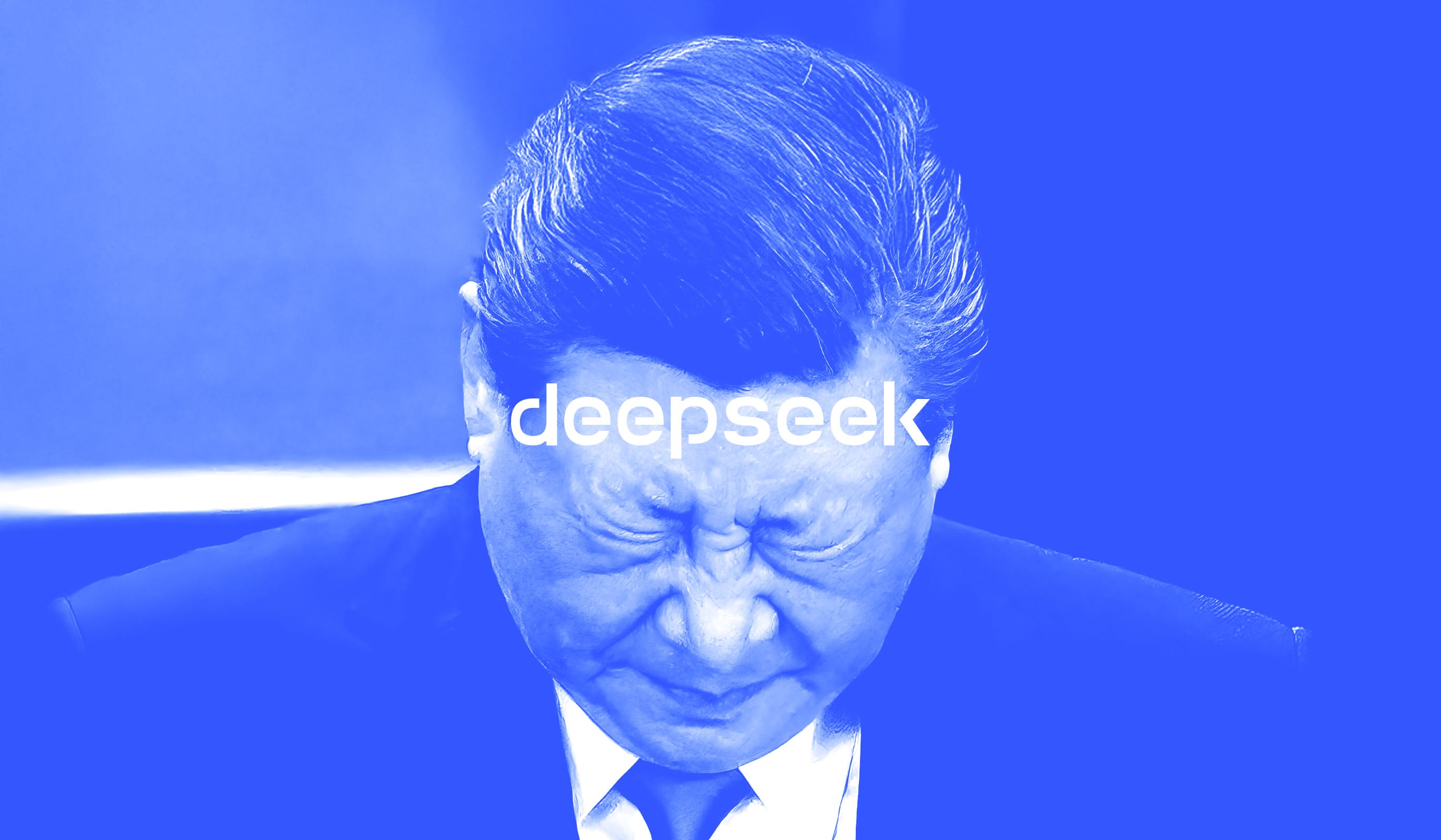The founder of the prosperous, modern day China, Deng Xiaoping famously outlined the country's policy towards the rest of the world with the words "hide your strength, bide your time".

Well aware of the fact that rapid economic growth of the most populous nation would likely spook the rest of the world, which would in turn try to constrain it, he favoured avoiding ostentation and appearing weak even as China grew stronger (often at the expense of other nations).
In practice it meant that the country should take maximum advantage of everybody else while trying to avoid raising suspicion for as long as it was practically possible. Preferably until it became so strong and self-sufficient that it would no longer matter.
We know that this policy has effectively been defunct ever since Xi Jinping took over and decided that it's time for his country to assert itself on the international stage more forcefully.
That decision to shift course seems to have backfired by leading to increased competition with the US and Europe. And it seems that the sense of Deng's advice is lost not only on Xi but the Chinese AI industry as well – or at least the people in Beijing charged with controlling it.
With export restrictions on the global semiconductor exports, effectively barring China from accessing not only the manufacturing equipment but also the latest products (i.e. AI accelerator cards developed by Nvidia) used in the process China is unable to pursue artificial intelligence using traditional methods employed in the West.
Even if it's able to smuggle some cards through third parties, their volume will never be nearly as large as what Silicon Valley buys directly from Nvidia.
Necessity is the mother of invention, of course, so the Chinese tech industry had to get creative.
If they couldn't get their hands on the GPUs they would simply use the outputs produced by their Western competitors and use them to train their models instead, through a process known as knowledge distillation.
With homegrown innovation in the algorithmic layer, they could achieve comparable results without the necessary capital investments, ensuring in the process that China would – at the very least – never stay far behind the USA.
They made just one mistake – instead of "hiding their strength" and "biding their time", they went public with it.
DeepSeek's recently released reasoning R1 model matched OpenAI's "o1" in many benchmarks while costing dozens of times less to operate.
The announcement sent a shockwave through the American stock market, briefly wiping a trillion dollars in value of the local tech companies, before closer inspection revealed that the Chinese have likely been playing dirty to get to where they are.
Distillation must have always been considered a competitive threat by American AI companies, but their frantic reactions suggest that they weren't paying as much attention to it as they should have previously.
It was only after DeepSeek made waves that they appear to be taking it more seriously now.
Beijing asleep at the wheel
As it turns out even the omnipotent and omnipresent Communist Party of China can't control everything.
DeepSeek, being a private company (even in a place like PRC) acts with its own interest in mind. And like every business it needs to ship products – in this case even at the risk of falling afoul of the rules abroad, it seems.
Perhaps its main focus is on the domestic market and it needs to stay in the spotlight to attract more funding into its parent hedge fund, High-Flyer, so it's not bothered about negative press abroad and accusations from OpenAI which can't lead to legal consequences on Chinese soil.
Whatever the reasons, however, they do not align with China's national self-interest.
Already being sanctioned by the US as it is, the country needs to make the most of the avenues that remain open not to be left behind on artificial intelligence.
The unwanted attention on the local methods of AI "innovation" that DeepSeek has attracted are about to close the thus far wide open doors for language model distillation.
American companies were aware of the Chinese attempts to do that at least a few months ago but they seem to have ignored them as insufficient to develop services that could compete with their own latest products.
The R1 changes that because it shows that even the most advanced reasoning models that Silicon Valley builds at enormous expense are just a few months ahead of being reverse-engineered in China (and, quite likely, other American adversaries like Russia, Iran or even North Korea).
Not only is such a time window insufficiently short to recoup the investment required to build and train these models but it raises national security concerns, showing that the US cannot retain meaningful leadership on AI if its achievements are so easy to replicate on the cheap even without access to the latest hardware.
If it wasn't for DeepSeek American attention wouldn't become so laser-focused on addressing the problem. China could have – in secret – replicated LLM advances produced by OpenAI, Google and others for many years, as long as it was technically feasible.
Hiding its strength, biding its time.
Now, however, that easy route could be shut before AI has gotten really powerful.
While it might be difficult for American companies to completely obstruct unwanted access to their models, given the scale of their operations and potential disruptions to legitimate customers, there's no doubt they will redouble their efforts to protect their intellectual property and prevent China from riding on their coattails.
With quite literally trillions of dollars and national security at stake, there's no shortage of resources in the US to devote to that.
Because of DeepSeek, Chinese chase of the American AI advances has gotten much more difficult.
A very short term gain for one company may have derailed their long term effort and, unless they find other ways to close the gaps, might be remembered as China's fatal mistake in the international AI arms race.









